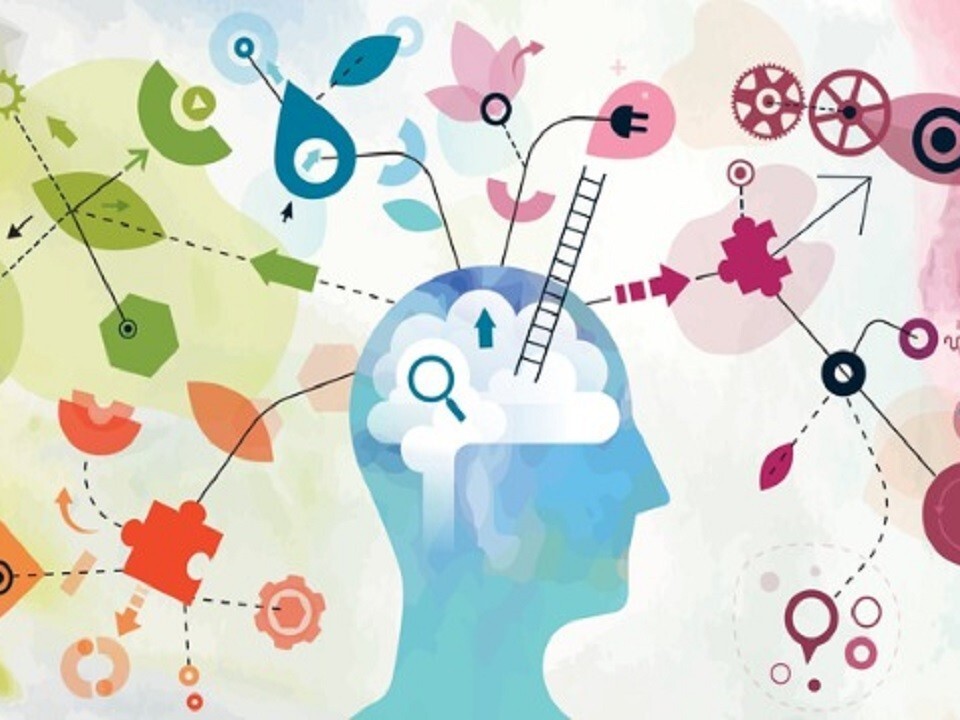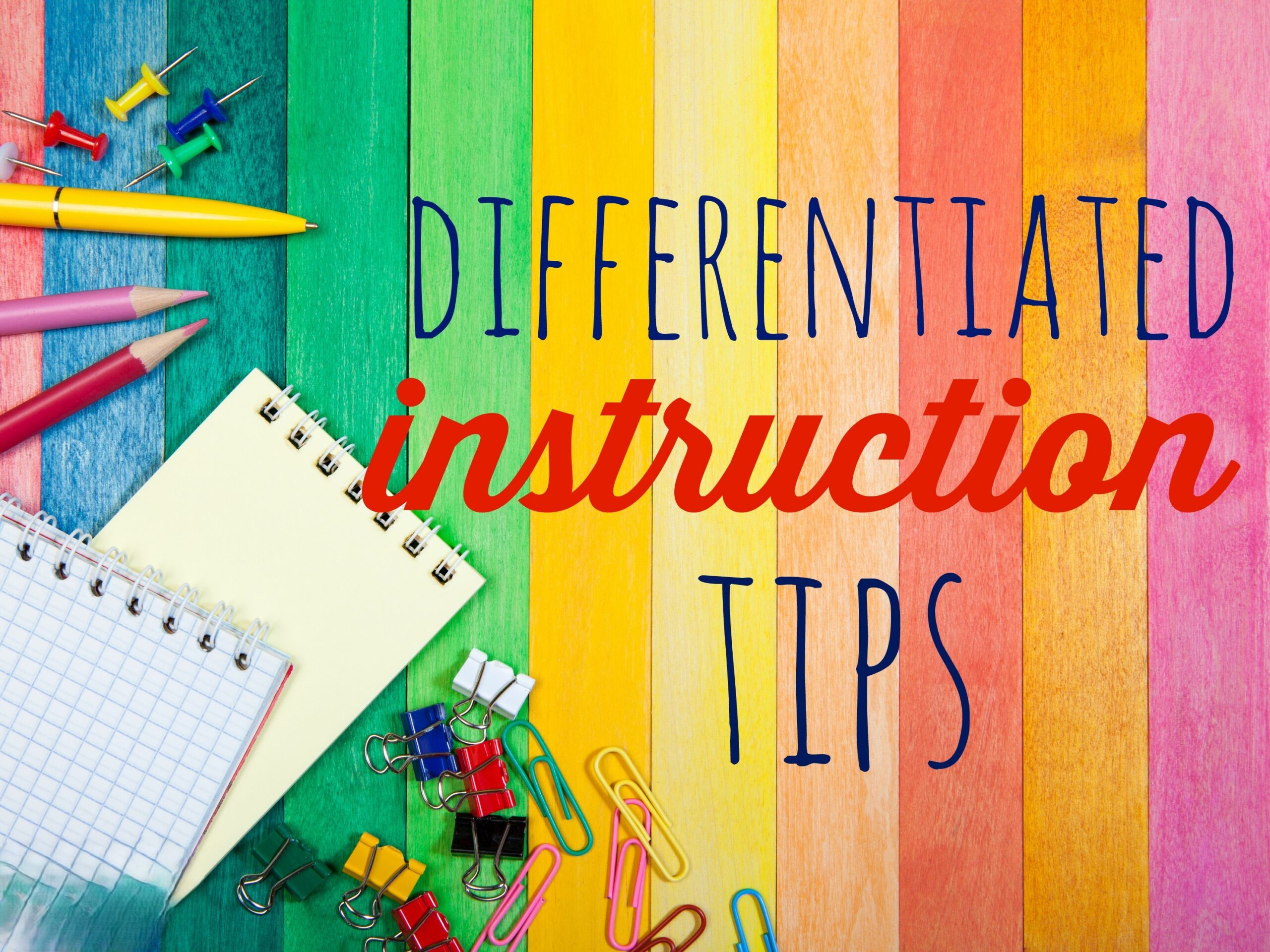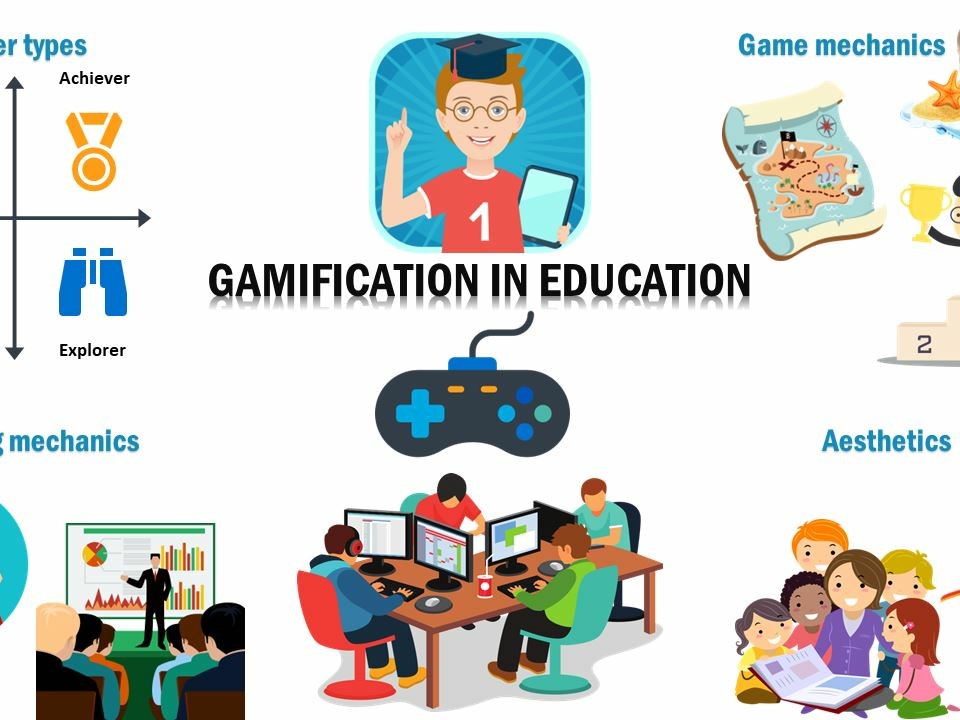Description
In this course, participants will explore the psychological underpinnings of learning, offering insights into how students acquire, process, and retain knowledge. Drawing on principles from cognitive psychology, developmental theory, and behavioral science, the course unpacks key topics such as memory, attention, motivation, self-regulation, and learning styles. Educators will delve into the developmental stages of learners and examine how factors like socio-emotional growth, environment, and individual experiences influence educational outcomes. The course also covers the role of intrinsic and extrinsic motivation, with practical strategies to foster a growth mindset, reduce test anxiety, and encourage lifelong learning. Case studies, classroom observations, and empirical research are used to bridge theory with practice. A special focus is placed on creating supportive classroom environments that consider neurodiversity, trauma-informed practices, and emotional well-being. Whether you’re designing a curriculum, teaching in the classroom, or mentoring new teachers, understanding educational psychology will empower you to create more effective, student-centered instruction that truly resonates with learners.






Ademola –
The course deepened my understanding of diverse learning needs. It’s a fantastic resource for anyone working with students who learn differently.
Sadia –
Understanding how my children learn has helped me tailor lessons to their strengths. The course helped me move from just teaching to truly connecting with how they absorb knowledge.
Jamila –
This course gave me practical insights into how students think, process, and retain information. I’ve started applying cognitive strategies in class, and student engagement has noticeably improved.
Usman –
I appreciated the balance between theory and practice. The sections on motivation and learning environments were especially valuable for my ongoing research.
Iliyasu –
As someone preparing for a teaching career, this course was eye-opening. It broke down complex psychology concepts into real-world teaching techniques I can actually use.